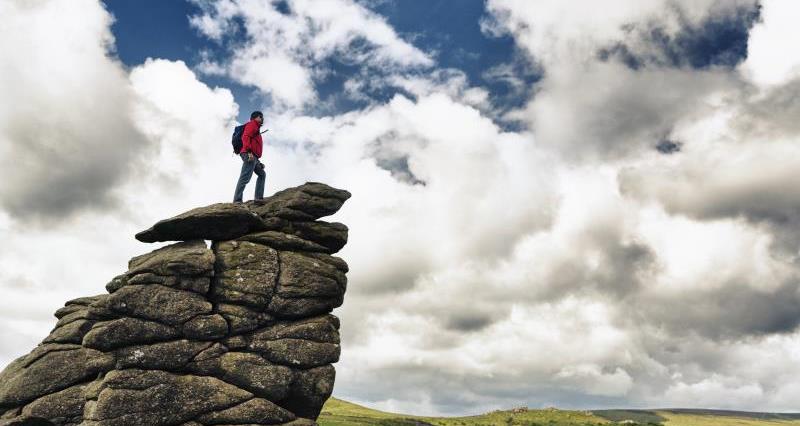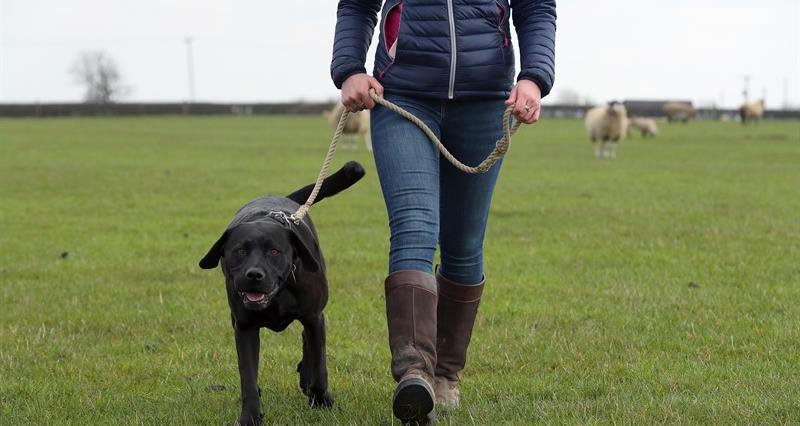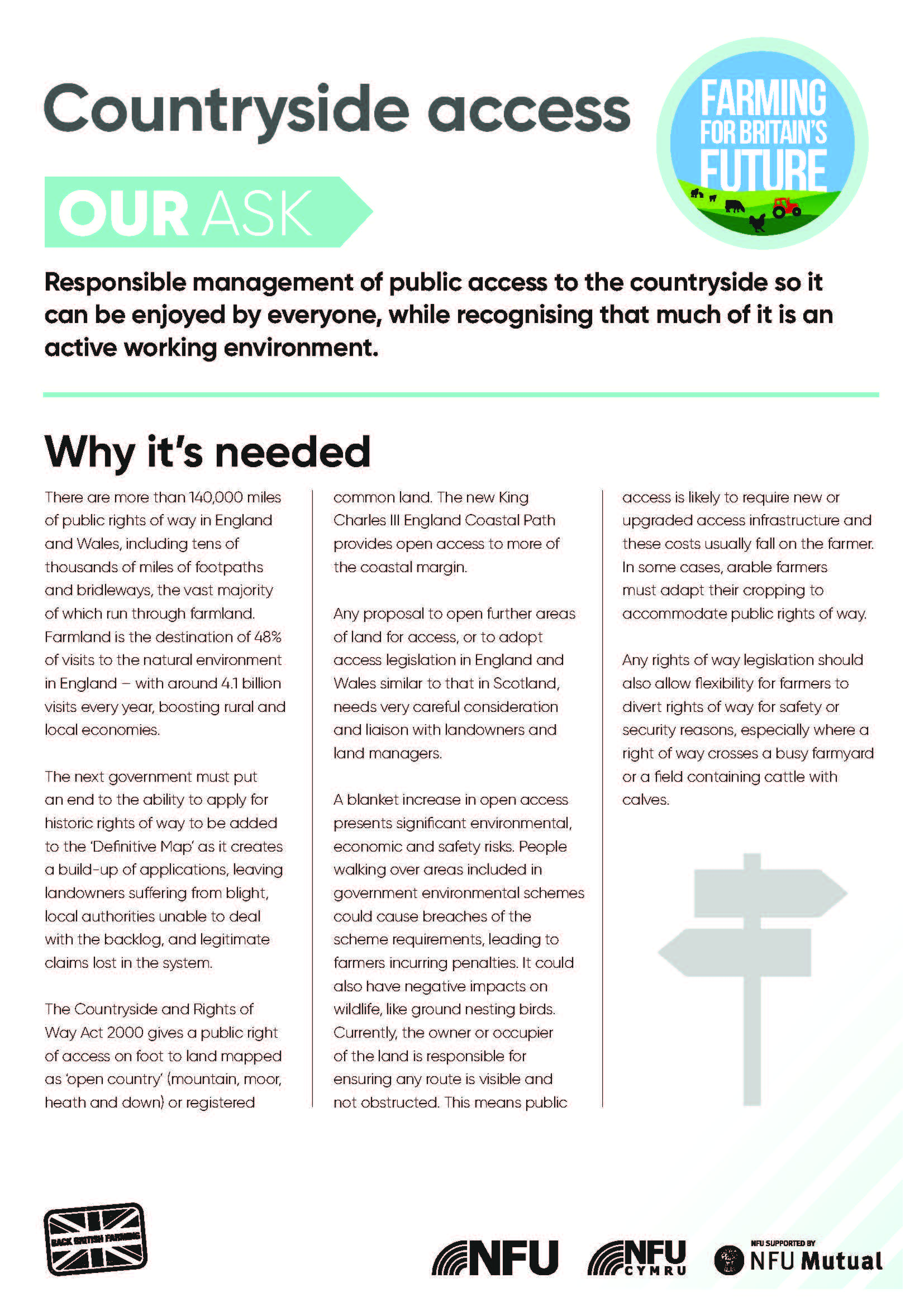The case was brought against Dartmoor National Park Authority (DNPA) by Alexander and Diana Darwall.
Wild camping on Dartmoor
In July 2023 the CoA (Court of Appeal) reversed the High Court’s decision in the case of Darwall v Dartmoor National Park Authority meaning that, subject to some restrictions, wild camping is now an activity that the public can exercise on the Dartmoor Commons without requiring the landowner’s permission.
This case has been of significant interest among campaigning groups and landowners alike given the perception that it concerns the right to wild camp on common land in England and Wales. However, that perception is mistaken, as this judgment only applies to activities taking place on the Dartmoor Commons.
What is the background to this case?
The Commons, situated in Devon, is unenclosed moorland which is privately owned but on which other locals have the right to keep their livestock.
Section 10(1) of the Dartmoor Commons Act 1985 (the “1985 Act”) gives the public “a right of access to the commons on foot and on horseback for the purpose of open-air recreation”, so long as they do not break or damage any wall, fence, hedge or gate, and do not carry out certain activities set out in the relevant legislation such as lighting fires, disturbing or killing animals, destroying plants, or leaving litter (among others).
There are also byelaws setting out rules, such as restricting camping on some parts of the Commons and prohibiting camping for more than two consecutive nights. The byelaws do not, however, prohibit wild camping on the Commons.
The original High Court decision
The claimants, Alexander and Diana Darwall, keep cattle, lambs and fallow deer on the common, and became concerned about the impact that wild camping had on the welfare of their livestock.
In January 2023, the Claimants brought a case against DNPA seeking a declaration that section 10(1) of the 1985 Act does not grant the public a right to camp on the Commons, and therefore that such an activity would require the permission of the landowner.
The High Court agreed with the Claimants, finding that section 10(1) of the 1985 Act has a “clear and ambiguous” meaning in that it conferred a right to roam on the Commons, which included ancillary rights such as the right to walk a dog, to sit down and have a picnic or to stop and enjoy the view. However, crucially it found that camping did not fall within the meaning of “open-air recreation” and therefore found that no such right had ever existed nor had such a right been created by the 1985 Act.
The Court of Appeal decision
The case was appealed to the Court of Appeal by DNPA on the basis that the High Court had misinterpreted the meaning of the words in the 1985 Act.
Upon appeal, the CoA held that camping does indeed fall into the definition of “open-air recreation”, and so the 1985 Act gives members of the public the right to rest or sleep on the Dartmoor Commons, whether by day or night and whether in a tent or otherwise, provided that the camper doesn’t damage any wall, fence, hedge or gate, and adheres to the requirements and restrictions set out in the byelaws and the 1985 Act. Significantly, the CoA has found that closing a tent (i.e. zipping it up) does not convert wild camping from being an “open-air recreation” into not being one, notwithstanding that closing it will exclude the outside air to some extent.
The CoA interpreted section 10(1) of the 1985 Act differently to the High Court, in finding that the public has the right to access the common land on foot or horseback and may partake in an open-air recreational activity which is not limited to be on foot or horseback.
In reaching its decision, the CoA also considered that in placing some restrictions on the location and duration of camping on the Commons, the byelaws would have been drafted with the understanding that camping is a right under section 10(1) of the 1985 Act.
The CoA concluded that given the clear meaning of the words of the 1985 Act, that meaning cannot be altered by the fact that the Claimants’ property rights are in some way infringed by that meaning. Further, the CoA found some sympathy with the Claimants as to the consequence of “irresponsible exercise of this right” and remarked that further restrictions may be required to address these problems.
We understand, that as of the decision of 31 July 2023, the Claimants are seeking to appeal the judgement of the Court of Appeal to the Supreme Court to revert the decision back to that which was made by the High Court.
Wider significance to wild camping in England & Wales
The Open Spaces Society have indicated that they intend to campaign with other organisations for a right to wild camp without the landlord’s permission in more areas of England and Wales.
Although this case involves legislation and byelaws that specifically apply to the Dartmoor Commons, there may be implications for any similar dispute in the future. It is significant that the court found the definition of “open-air recreation” includes camping (whether or not a tent is open or shut). If a future case relating to a separate common was dependent on this same definition, then it is possible that this case could be used to support a position to allow wild camping.
The NFU view
The NFU continues to push for a balanced approach to countryside recreation that allows the public to access rural landscapes and the farmed countryside in a responsible way whilst recognising and respecting that much of this land is a working environment.
Farmland is the destination of 48% of visits to the natural environment in England – around 4.1 billion visits every year boosting rural and local economies. There is also a growing body of research showing that people gain both physical and mental health, and a wider sense of wellbeing, from being close to nature.
However, issues such as wild camping, discarded BBQs and litter are increasing issues for farmers to deal with. The NFU are clear that anyone wild camping on Dartmoor Commons must be considerate to the landscape, wildlife, and farmers.
The NFU continues to ask for policies that allow the public access to nature without impacting farm operations.
See our manifesto asks
Our manifesto
Our general election manifesto – Farming for Britain's Future – outlines our key asks of the next government to ensure farmers and growers can continue to deliver for the environment, economy and local communities while producing more of the great British food we all enjoy.


